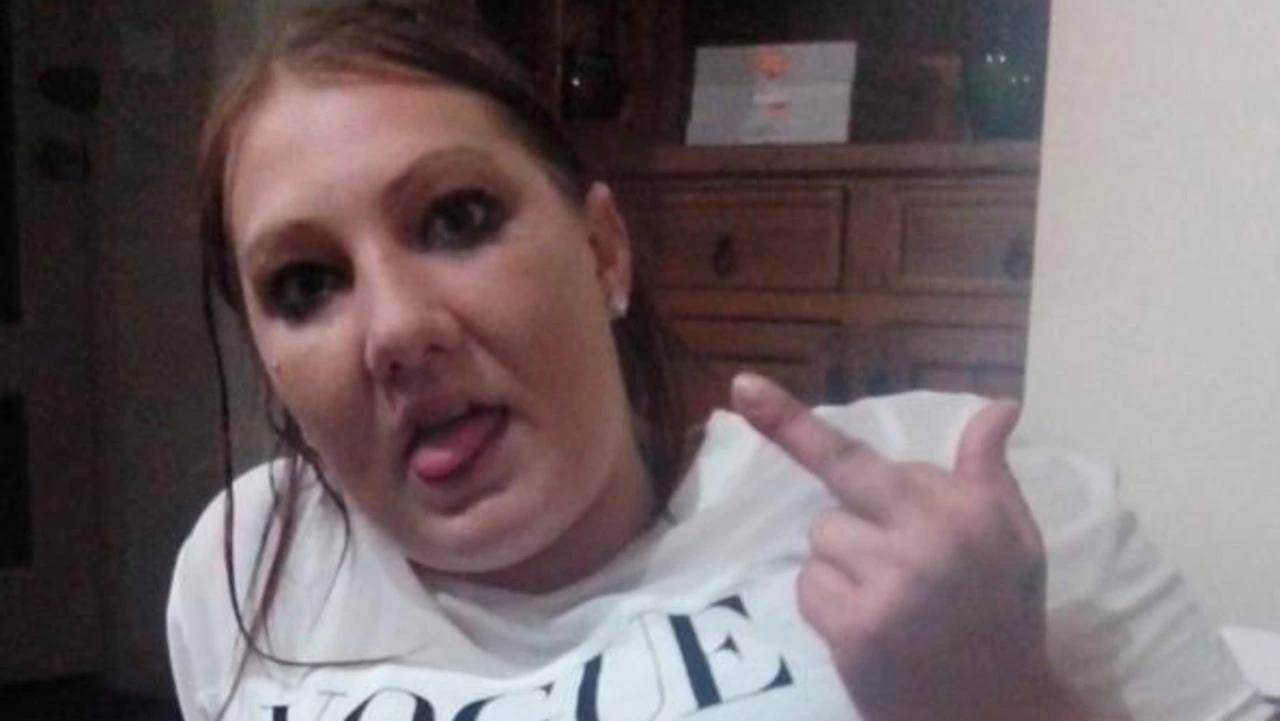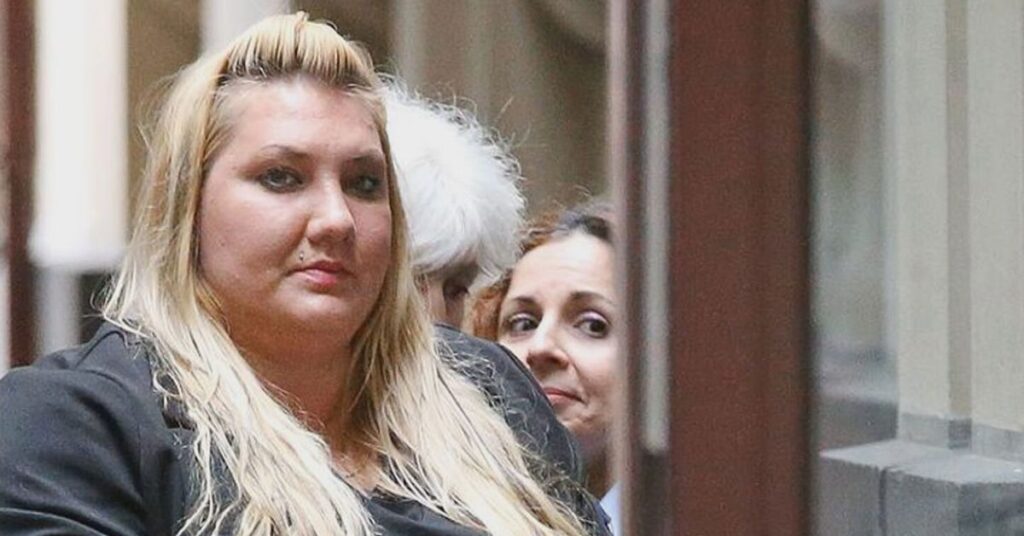In a surprising twist, Alicia Schiller, a woman convicted of a brutal stabbing murder, has decided not to pursue IVF treatment while serving her 16-year prison sentence.
The plan to allow her to undergo fertility treatment outside her prison walls ignited a fierce backlash, especially from the grieving family of her victim, 25-year-old Tyrelle Evertsen-Mostert.
A Shocking Decision
Just last week, Schiller was given the green light to leave prison for IVF treatment, a decision that outraged Evertsen-Mostert’s family. They argued that granting such a privilege to a convicted killer was unjust, particularly considering the crime’s impact on their lives. Schiller had stabbed Evertsen-Mostert in 2014 during a drug-fueled argument over a mere $50, an act that forever altered several lives. Tragically, Tyrelle’s partner and their four-year-old son were in the vicinity when the crime took place.

Public Backlash Erupts
News of Schiller’s fertility plans sparked widespread anger. Evertsen-Mostert’s relatives, in particular, were vocal about their discontent. Yvonne Gentle, the mother of Tyrelle’s partner, questioned the fairness of allowing Schiller to bring a new life into the world when she had so violently taken another. She remarked, “She took away a life; does she have the right to a better life?”
IVF Dreams Derailed
In response to the public pressure, Schiller has backed down. According to a recent report from the Herald Sun, she has now withdrawn her IVF application. It was also reported that Melbourne IVF, Monash IVF, and Victoria’s public fertility services would likely have refused to offer the treatment, adding further obstacles to her controversial request.
Legal Precedent Under Scrutiny
The permission initially granted to Schiller was based on a precedent-setting Supreme Court ruling in 2010. In that case, an inmate was allowed to continue IVF that had been started before imprisonment, under the rationale that it was “necessary for the preservation of health” according to section 47(1)(f) of the Corrections Act. However, Schiller’s case has reopened the debate on whether the law should accommodate such requests from inmates, particularly those convicted of violent crimes.
A Community Divided
The controversy surrounding this case highlights broader ethical and legal questions about the rights of prisoners. While some argue for the humane treatment of all inmates, including the right to reproductive health, others, like the Evertsen-Mostert family, believe that such privileges should not extend to individuals guilty of heinous crimes.
As the dust settles on Schiller’s abandoned IVF plans, the case continues to provoke strong opinions. It serves as a stark reminder of the enduring pain for victims’ families and the complex moral dilemmas faced by the justice system.
Stay informed on the latest news with our updates tailored for social media audiences. For more stories like this, make sure to follow our page and join the conversation.

